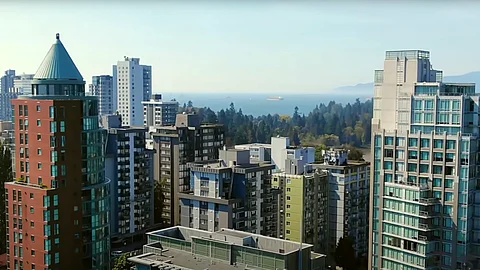

It has been revealed that British Columbia's speculation and vacancy tax brought in $75.2 million in 2023.
The vast majority of that came from non-BC residents.
According to government data, only $13.5 million of the aforementioned total was paid by residents of the province. Of the remaining $61.7 million, $8.8 million came from other Canadians, $17.4 million from foreign owners, $6.2 million from those whose status was undetermined, and $5 million from "other" owners. Untaxed worldwide earners, "whose unreported income in Canada is greater than their reported total income in Canada," accounted for $24.2 million.
That being said, the latter five groups owned far fewer properties than BC residents. In total, those who call BC home owned 2,890 properties, including 1,328 condominiums, 542 detached homes, 203 townhomes, and 817 "other" residential properties. Other Canadians came in second, with 1,238 properties, while untaxed worldwide earners, who paid the most speculation and vacancy tax, owned just 765 properties.
Over two-thirds, $51.6 million, of all revenue from the tax was generated in Metro Vancouver, with the Capital region, Central Okanagan, Fraser Valley, Cowichan Valley, Squamish-Lillooet, and Nanaimo rounding out the top seven.
Data showed that 99.7% of British Columbians were exempt from the tax in 2023, with people claiming a number of exemptions.
"Principal residences and residences occupied by a tenant remained the top two exemptions claimed by property owners in 2023," the government said in a press release. "This suggests that the tax continues to encourage the use of residences for long-term housing."
As the tax enters its seventh year of existence, 13 new communities will be added to the list of those whose property owners must declare. They include Courtenay, Kamloops, Parksville, Penticton, Salmon Arm, Vernon, Coldstream, Lake Country, Peachland, Summerland, Comox, Qualicum Beach, and Cumberland.
